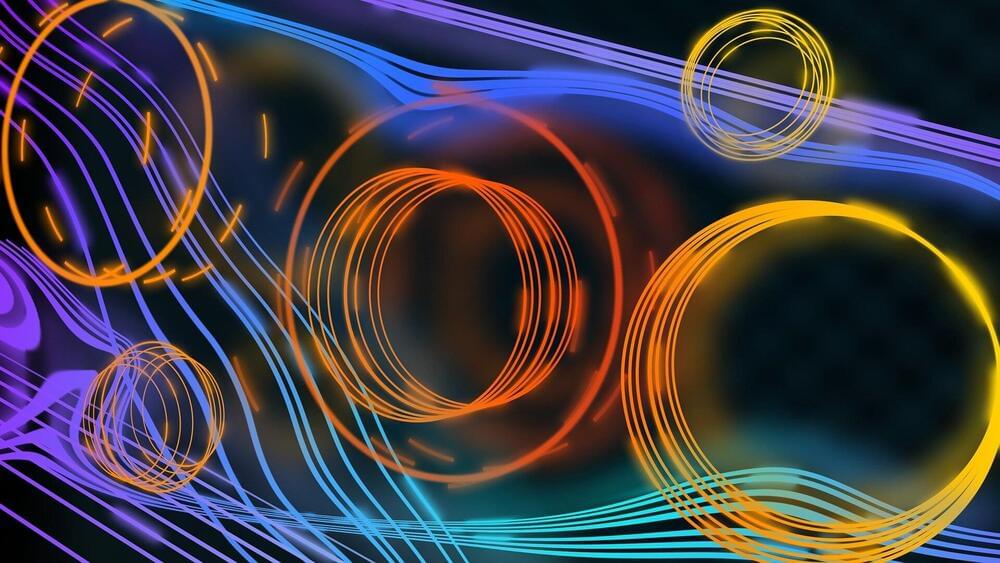Attempts to turn string theory into a workable theory of nature have led to the potential conclusion that our universe is a hologram—that what we perceive as three spatial dimensions is actually composed of only two. The greatest realization of this hologram-led program is a proposal that goes by the awkward and clunky name of the AdS/CFT correspondence, first proposed by string theorist Juan Maldacena in the late 1990s.
The AdS/CFT correspondence is not a solution to the problems posed by string theory per se, but a statement motivated by advances in the theory when one takes the holographic principle seriously. It is also not a revolution by itself, but it does tell us that we are not entirely misguided when we make the bold claim that we live in a hologram, and begin to dream about what that revelation might entail.
We need to, briefly I assure you, unpack these acronyms to see how powerful this connection is, and what it might teach us about the wider universe. The “AdS” stands for anti-de Sitter, which is a particular kind of solution to Einstein’s general theory of relativity. The name comes from Dutch physicist Willem de Sitter, who constructed a mock universe that was empty of all matter and energy with the exception of a strong outwards curvature.










Comments are closed.